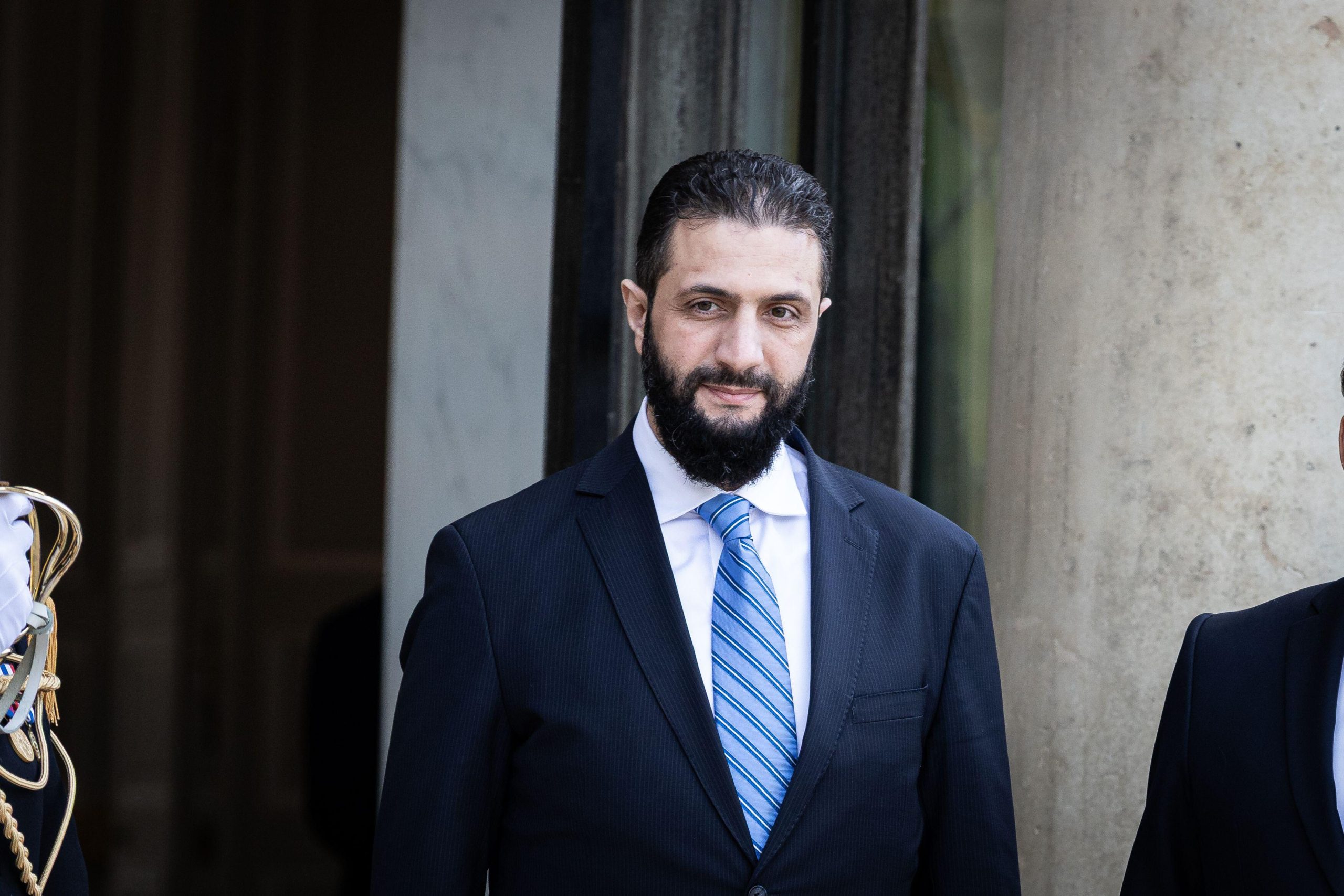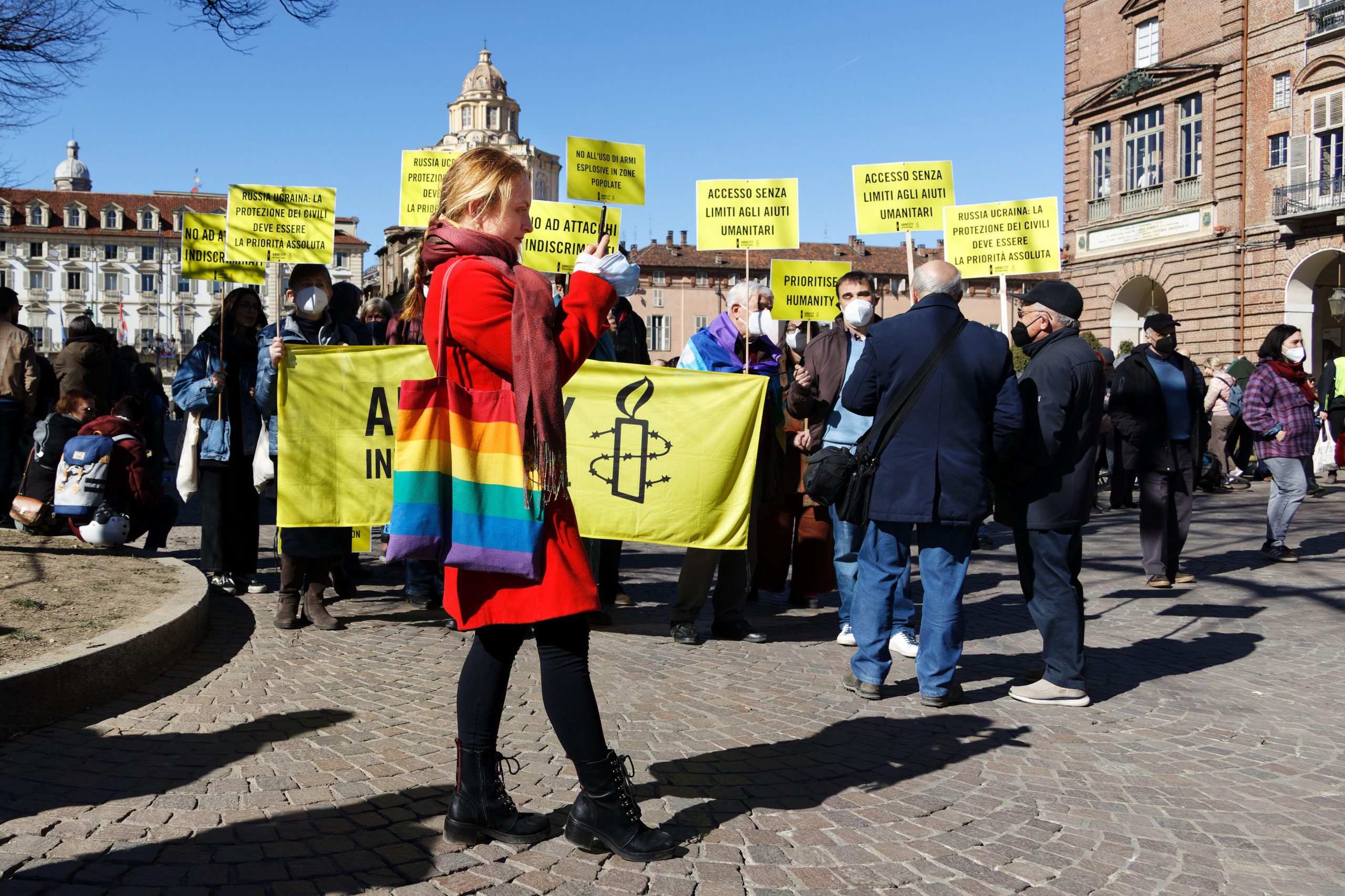I’m in the Red Sea resort of Sharm El Shiekh covering the 2nd Arab Economic Summit — a chance for Arab ministers and business magnates to gather and discuss the economic future of the region. But the elephant in the room this week is Tunisia, where a failure to create economic opportunities for the people has resulted in a shocking outbreak of civil unrest that drove a heavily entrenched Arab dictator, Zine El Abidine Ben Ali, into exile in just one month.
For Arab governments, Tunisia serves as a chilling example that economics IS politics. The protests that swept Bin Ali from power weren’t sparked by a desire for greater political freedom; that certainly became the main issue, but it all started when a humble 26-year-old street vendor publicly set himself on fire in mid-December to protest his inability to earn a living wage despite holding a university degree.
The delegates here aren’t going out of their way to mention Tunisia, but they can hardly help talking about it since every journalist they meet makes a point of asking. I managed to get two minutes with Arab League Secretary General Amr Moussa, and immediately asked him what the lessons were from the Tunisian example. His response was surprisingly direct for a career Arab diplomat. “It’s an obvious lesson. The people will no longer accept to be marginalised and pressurised like this.”
Egyptian Minister of Trade Rachid Mohamed Rachid, speaking at the summit’s opening, said the Tunisian example serves as a warning that Arab governments need to accelerate economic reforms and that those reforms needed to be matched by simultaneous political reforms.
Already the Tunisian uprising has sparked a macabre series of copycat self-immolations that Arab governments must be closely watching. On Monday, less than an hour before Rachid and Moussa held a joint press conference, an Egyptian man set himself on fire in front of the country’s parliament. While the press conference was happening, I received an email that a man in Mauritania had done the same thing.
The situation is particularly nervous in Egypt, where President Hosni Mubarak has ruled for longer than Bin Ali, and where the economic situation for many is dire and public frustration levels run high. Despite macroeconomic policy changes that have made Egypt the one of the models of international economic reform, nearly 20 per cent of Egypt’s 80m citizens live on less than USD 2 per day, the standard poverty line set by the UN.
Many Egyptian activists, inspired by the Tunisian revolution, are openly calling for a repetition of the scenario that ended Bin Ali’s reign. At an anti-government protest over the weekend in Cairo, demonstrators chanted “Congratulations to the Tunisians, we hope we join you soon” and “O Bin Ali tell Mubarak, ‘Your plane is waiting for you!’ ”
Egypt’s economic architects are mindful of the widespread public frustration, and say they are working to control spiraling costs of living while ensuring that more Egyptians feel the benefits of the country’s economic growth.
But Rachid, the trade minister, also stated that he didn’t believe Egypt was in danger of the same sort of widespread civil unrest, due to a comprehensive public subsidies package that ensures affordable fuel and basic food staples.
“Egypt is a different case than Tunisia. It’s not likely that a crisis like what’s happening in Tunisia will happen in Egypt,” he said. “Tunisia like many other Arab countries stopped subsidising food and petroleum items many years ago…It became very volatile to any changes in world prices, that’s why consumers were directly hit and consequently frustration escalated.”




